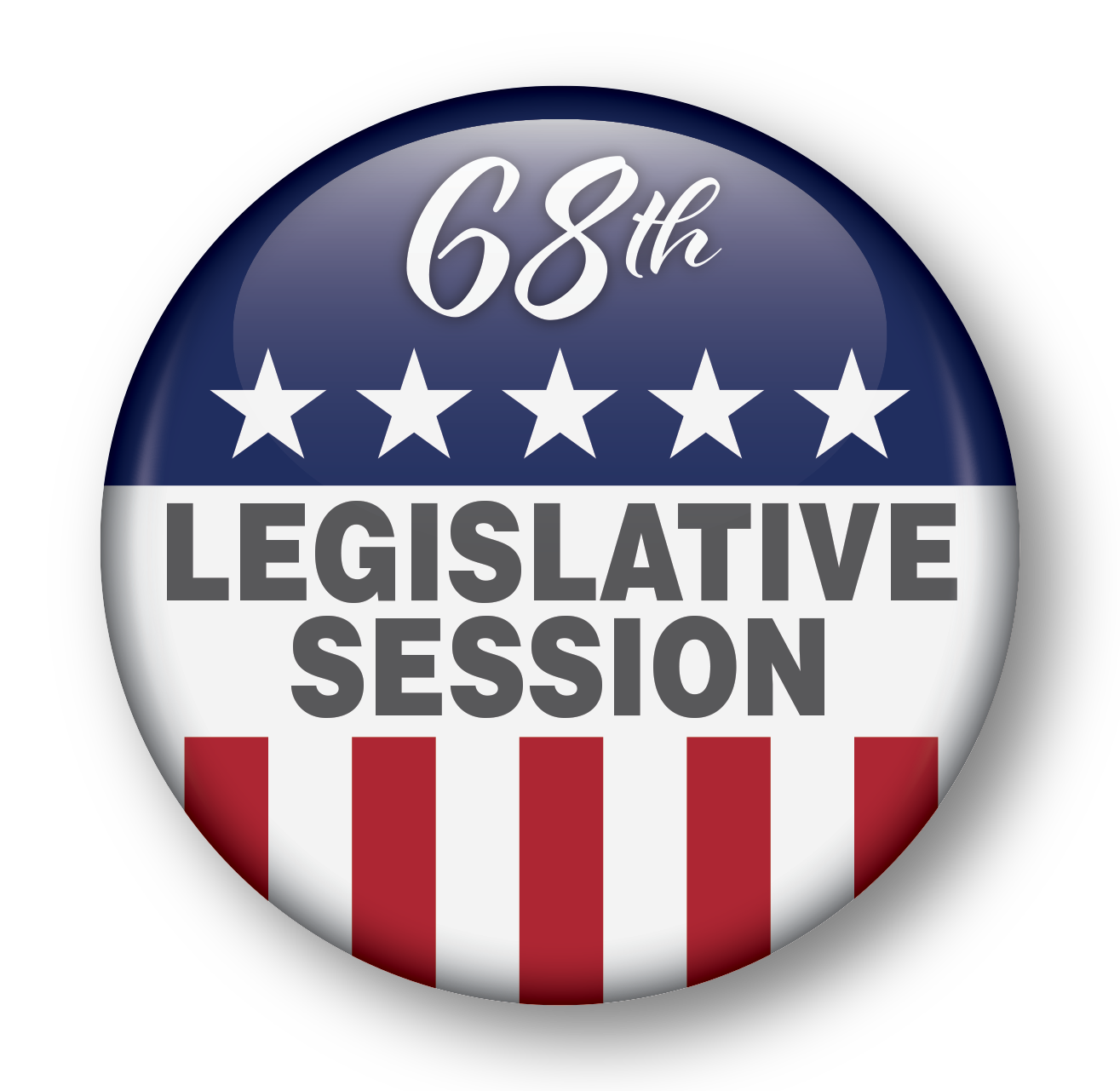-

-
SB 2031 (Drug Price Fixing): First on our List of Gripes
GNDCMonday, January 16, 2023
There are bills that we at GNDC love to love….on the other hand, there are bills that make us grind our teeth. These bills, that we hate, are harmful to the business climate in the state. They burden business with regulation and cost. They discourage free market principles, strip competition, and limit growth of the state’s economic future. They penalize the wealth generators in the state, who add to the GDP and create jobs.
GNDC has no problems combating legislation we dislike. We work diligently to ensure bad bills are killed or at the very least, amended to a version that is no longer destructive to the state’s business climate. GNDC’s vision is to create the best business climate in the nation in North Dakota and the main part of this is protecting the current pro-business climate in the state.
The first bill on our Gripe list is SB 2031 – Drug price fixing.
We hate this bill for many reasons, but it boils down to the unintended consequences of limiting access and innovation while creating long term price increases for users or employers providing insurance.
We haven’t been shy about speaking up against this bill. Our partner, the Bioscience Assoc of North Dakota (BioND), also feels strongly. Check out our press release on the findings from the commissioned report from NDSU’s Challey Institute as well as our recent letter to the editor.
We weren’t alone in our opposition. Organizations that lined up to express disdain during the Senate Committee hearing included the National Taxpayer Union, the ND Insurance Department, ARC of North Dakota and America’s Health Insurance Plans.
Insider’s peek: Testimony on the bill
WHAT WE SAID:
“Mandates could have especially negative impacts on rural North Dakota which may already struggle with supply chain issues. Price controls would also harm small businesses by increasing their costs to supply health insurance to employees.”
WHAT OUR MEMBERS SAID:
 Shauna Gardner, PhRMA
Shauna Gardner, PhRMA
"This legislation replaces market competition with government price setting or price controls, basing U.S. medicine prices on the policies of other governments that ration care in their own countries. The legislation threatens to drastically reduce development of new medicines at a time of remarkable scientific promise, undermining U.S. global leadership in biopharmaceutical innovation."
 Richard Glynn, BioND
Richard Glynn, BioND
"Five of the biggest reasons not to implement this program is (1) the fact that it will require extensive state resources for the implementation and administration of such a program (the cost according to the Fiscal Note is $3.1 million dollars per year just for the Insurance Division, but ignores the Attorney General, who likely has to enforce it); (2). It is already being done by the Federal Government in the Inflation Reduction Act: (3) it violates the concept of a “Free Market System”; (4) it can cause life threatening shortages of essential drugs; and 5). would negatively impact the future of research and development of new drugs."
Further committee work has begun on this bill. If you oppose, you may contact your legislator ahead of the floor vote or the Senate Human Services Committee.Tell a Friend
-
The catalytic leader and unifying voice for economic prosperity throughout North Dakota.


